What Will It Take For You To Speak Up?
Harassment on public transportation largely goes unaddressed.
It starts with a whistle or maybe a crude comment about the way you look in your jeans.
Why did I wear these? I should’ve known, you tell yourself, feeling as though it’s your fault you have been harassed. The seat next to you is open. They push in next to you. You feel unsafe but now their hand “accidentally” touches your thigh. Their breath “unintentionally” stings your skin. It’s the moment that never ends. Their stop never comes. What happens when I get off the bus?
Senior Clara McBryde rides the public bus almost every day. She remembers an experience she had on the Metrobus on the way back from school when a man approached her and her friends and began “screaming at us, threatening us, telling us he was going to come over and hit us.” Though she was with a group of boys, she remembers the man targeting her and calling her a “b**ch.” She thought the terms were insulting and that it was scary “because he got off the bus when we did, so I was like, ‘this could go one way or it could go another.’”
When it happens, it is rare that someone actually speaks out against harassment. Oftentimes, we don’t know what to do when we see something like this happening, and when it’s happening to you, it’s hard to fight back. The body attached to the pair of hands feeling you up is a head taller than you. Their belligerent strength is peeking through the sleeves of their shirt. You don’t pull away from their hungry hands or their hostile mouth spewing violence because you feel as though if you fight back, something will go wrong. Your eyes shoot from seat to seat, calling out to anyone who may be aware of what is happening. Begging for someone to stand and speak up, yet no one does. You’re alone and the specter behind you now has everyone riding the bus on their side.
In July of this year, 21-year-old Helen Molteni posted a video recounting the harassment that she had experienced at a Washington, D.C. Metro station. According to her NBC News interview, the man yelled obscene things at her for 10 minutes straight and no one did anything to help, including the security within the Metro station. A bystander even told her that she was “just as bad as him because now [she was] making [other bystanders] feel unsafe.”
This isn’t just happening in the DMV, though. It happens all over the country. In fact, the NYU Rudin Center for Transportation found that in New York, “75% of female respondents have experienced some form of harassment or theft while using public transportation.”
Calling 911 or the Metro Transit Police is always an option, but as showcased in Molteni’s case, women’s struggles can be ignored. McBryde finds that she doesn’t “even see security guards. It’s only the person working in the booth and they’re not even there half the time. No wonder this stuff happens so often.”
As someone who has been riding the public bus since I started at B-CC, I am concerned for the future generation of B-CC students that take public transportation. Our response must change. We can’t just sit back and watch our peers be degraded. We have to take these situations into our own hands since society won’t do it for us.
What will it take for you to speak up?

Roxie Jenkin is a writer for the Tattler that specializes in features and opinion. She hopes to one day write for Creem Magazine and will do anything for...






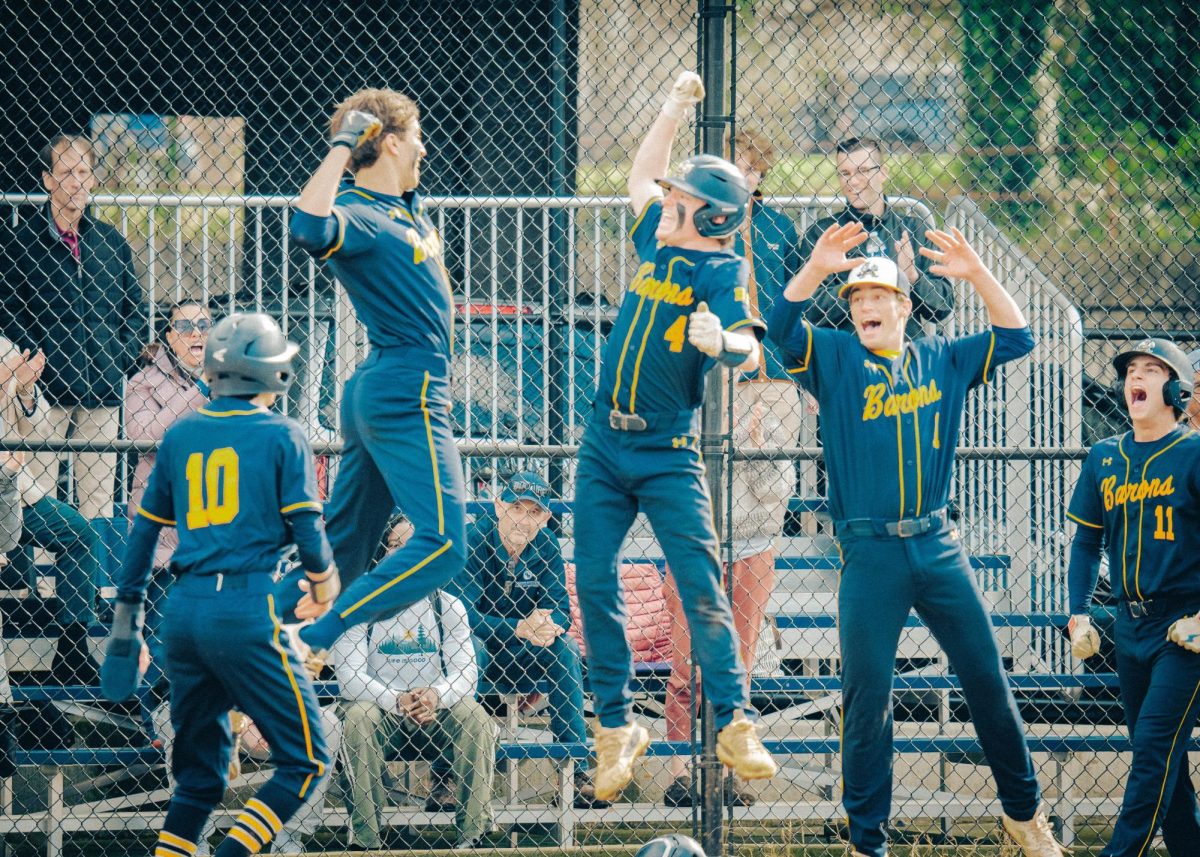
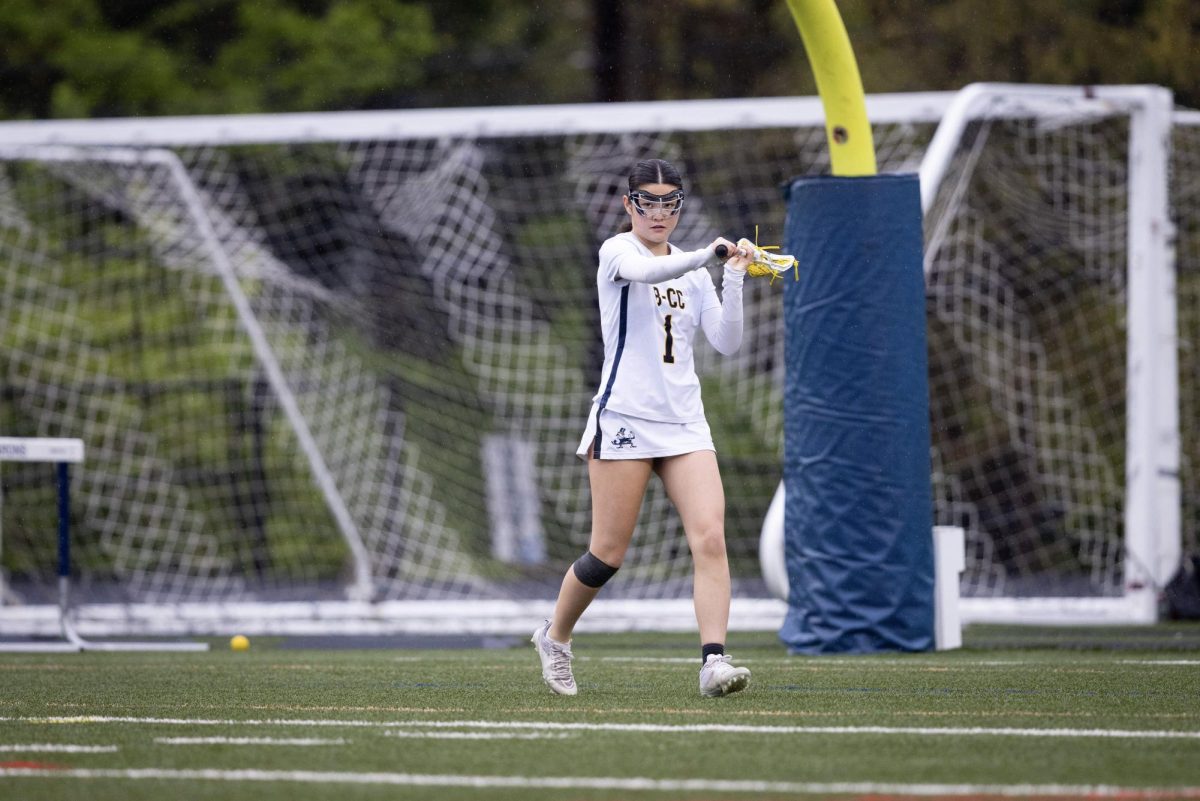




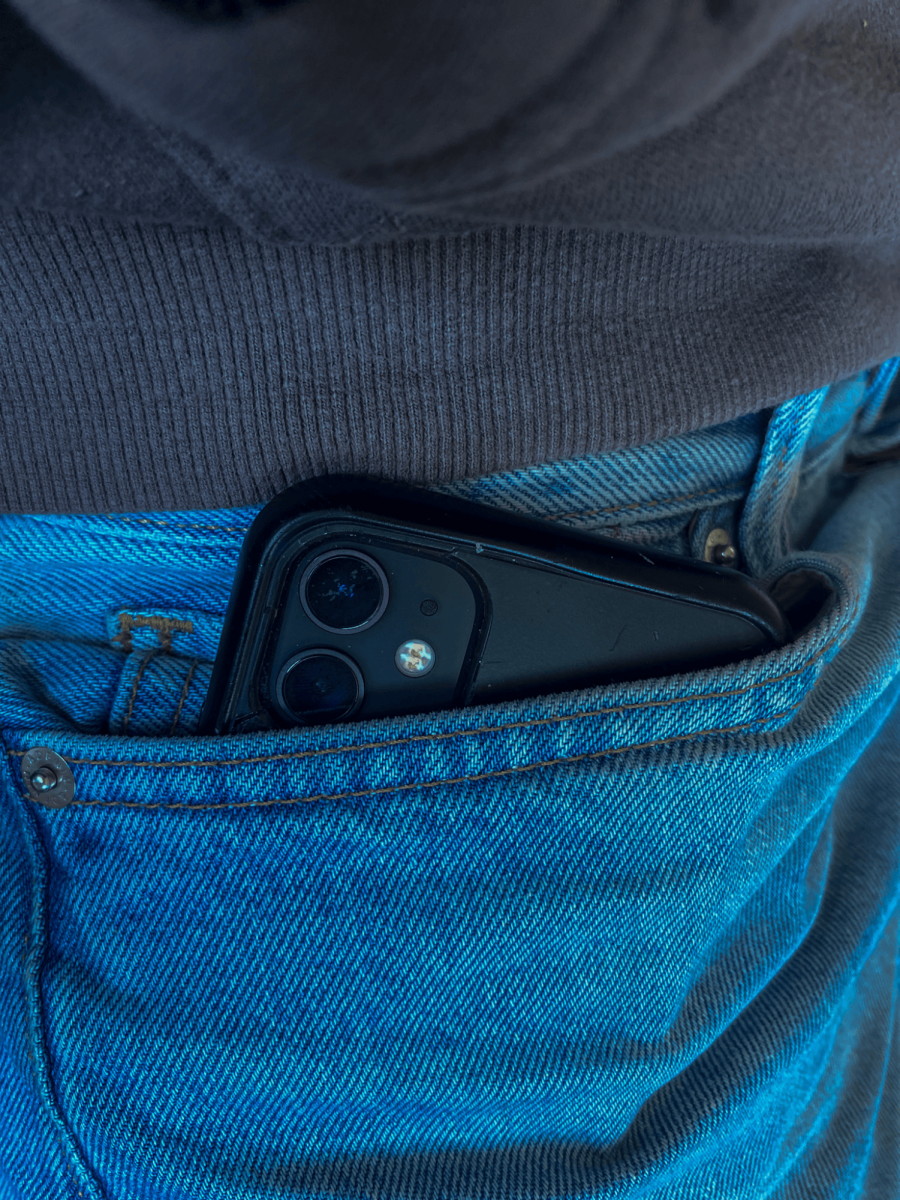

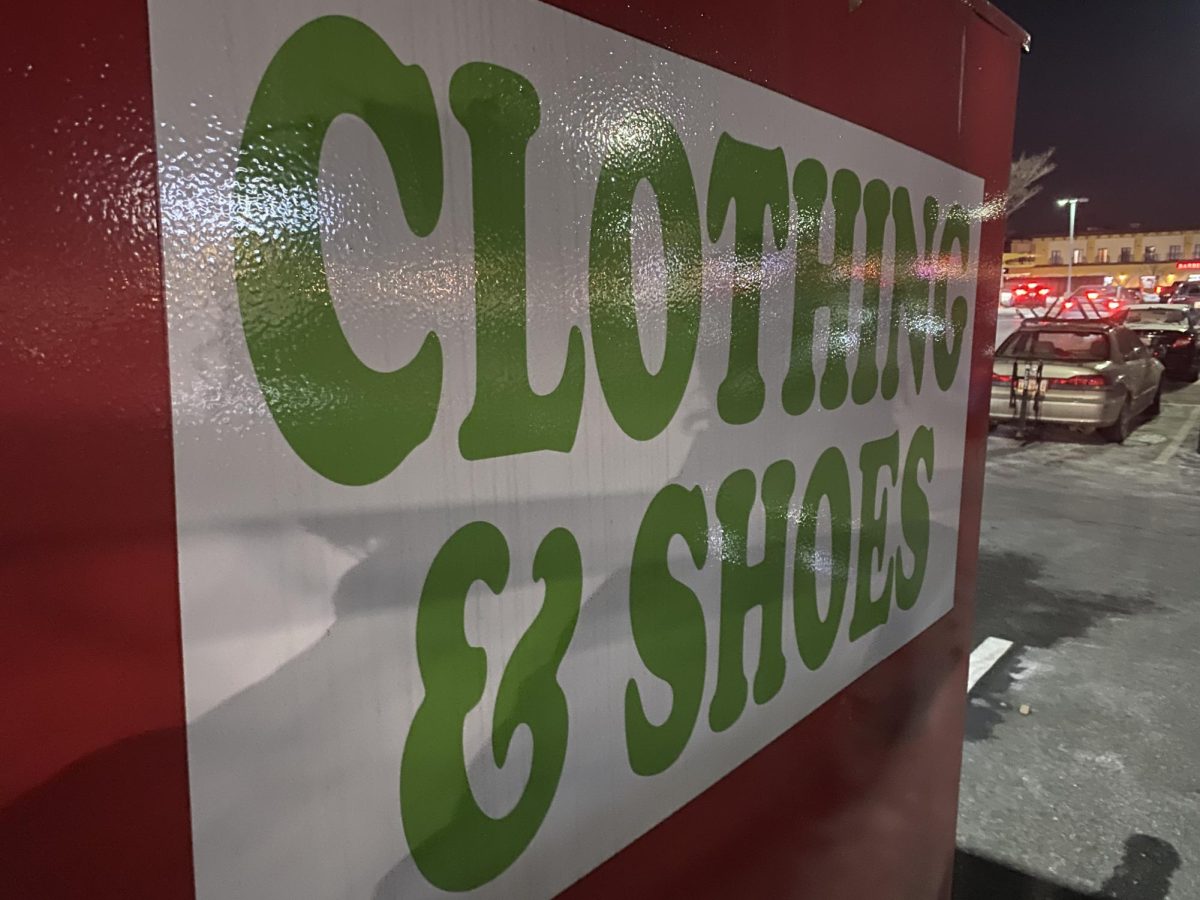

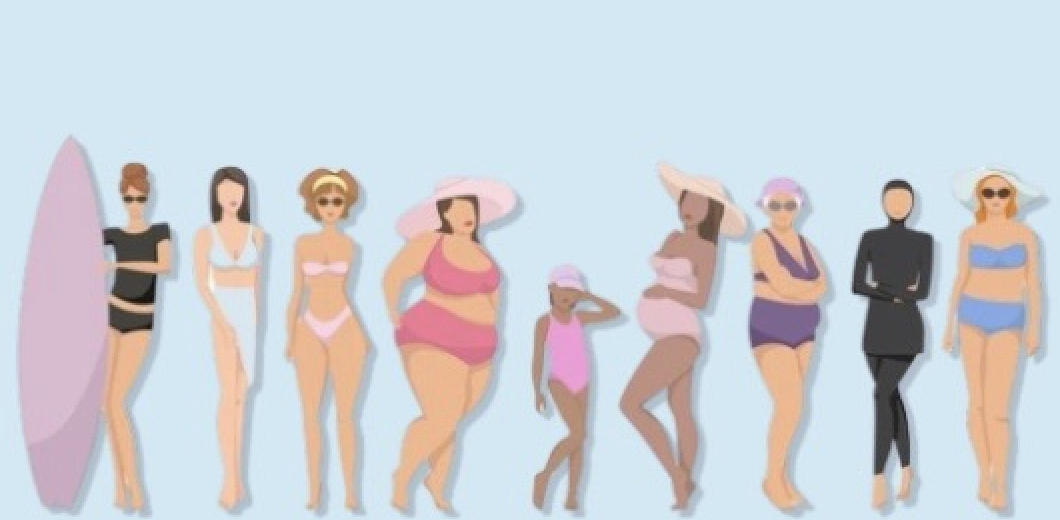


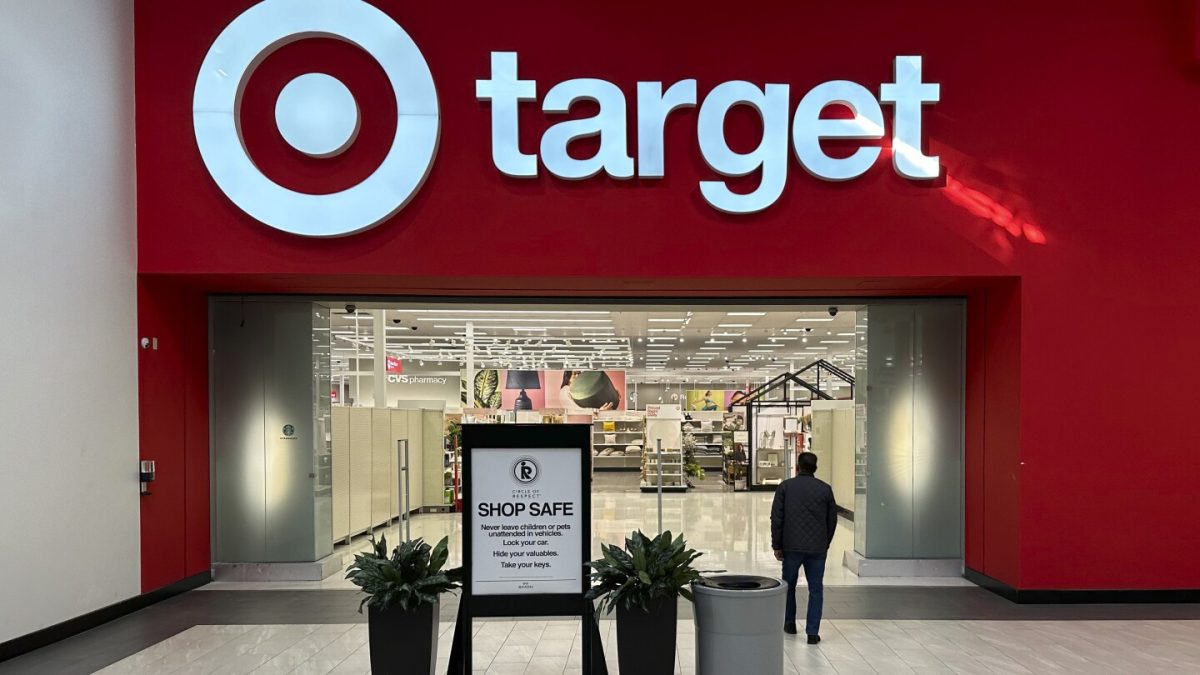


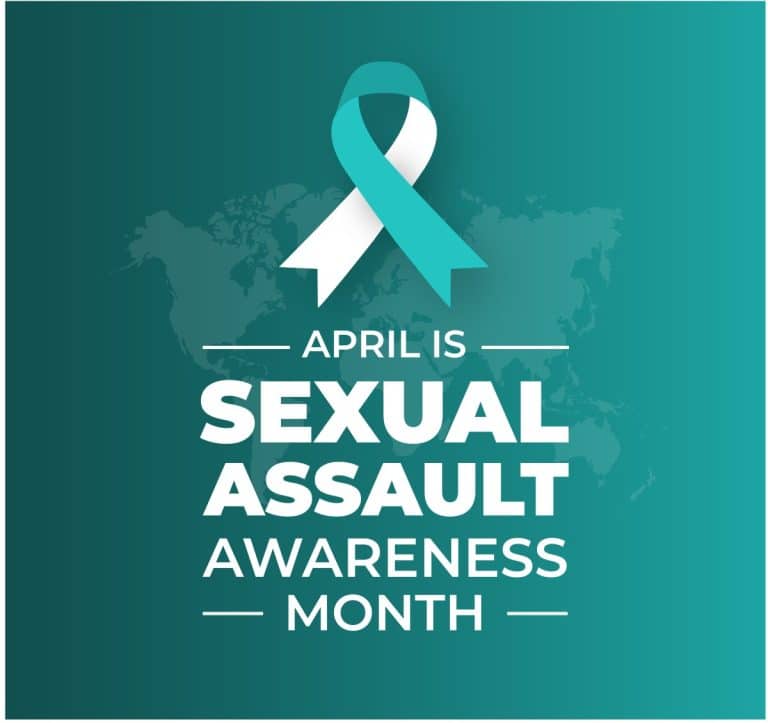












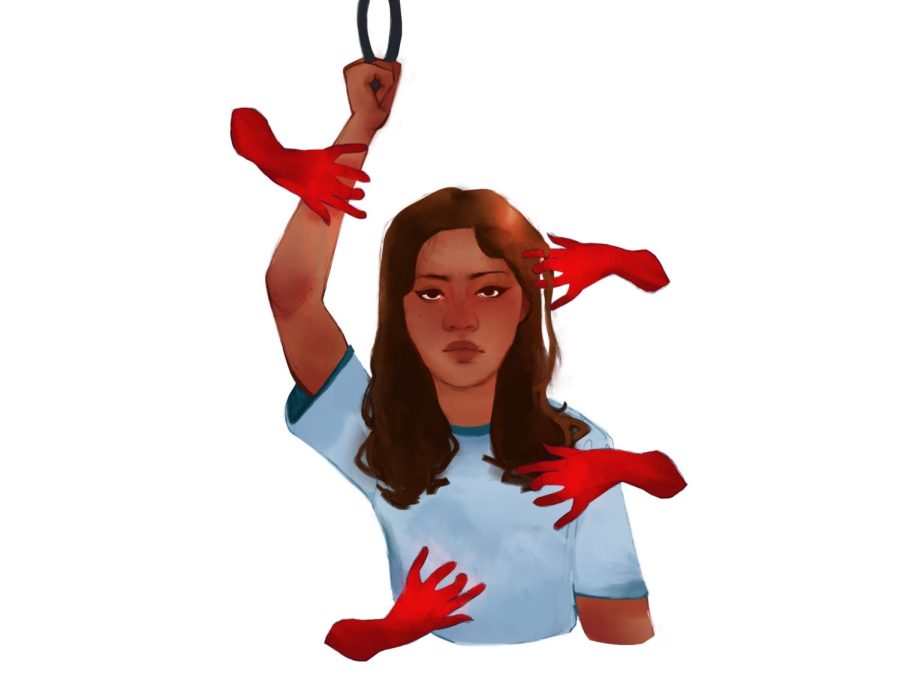


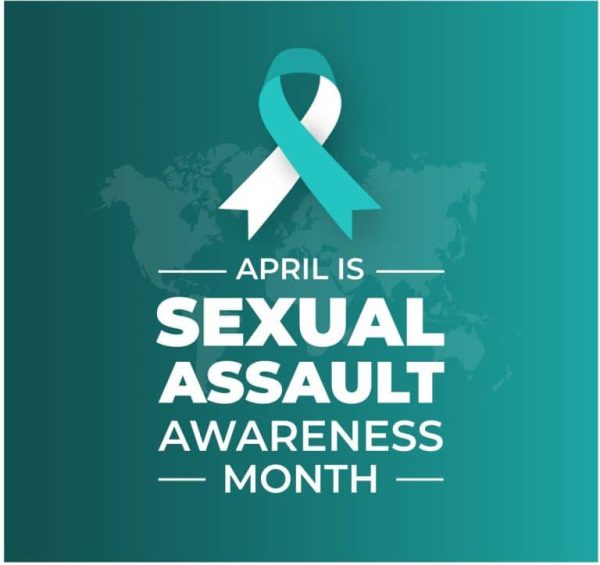

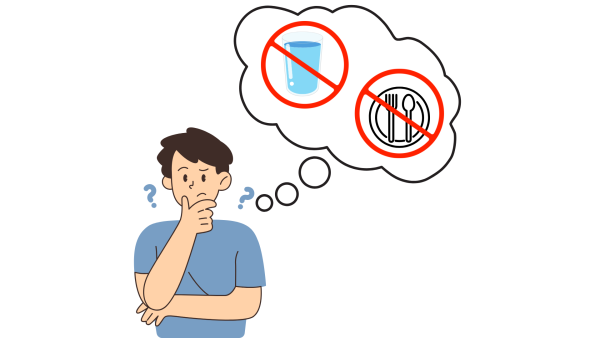
Papa-D • Nov 4, 2022 at 9:09 am
Great perspective, thanks for speaking up Roxie!